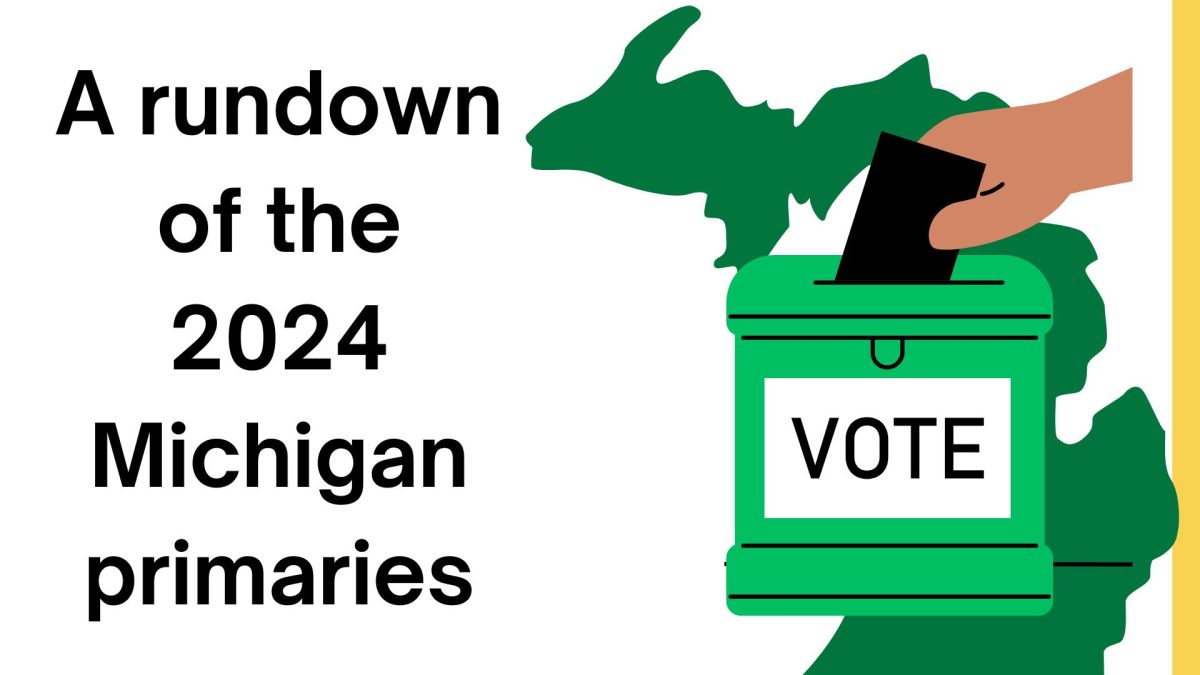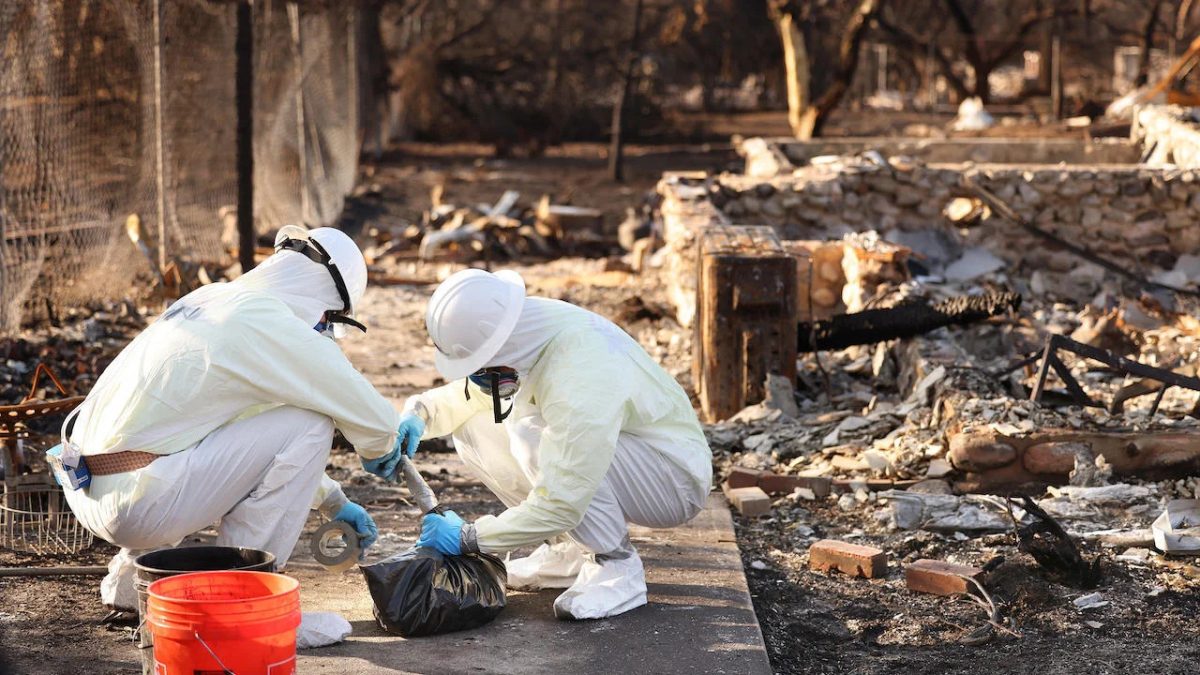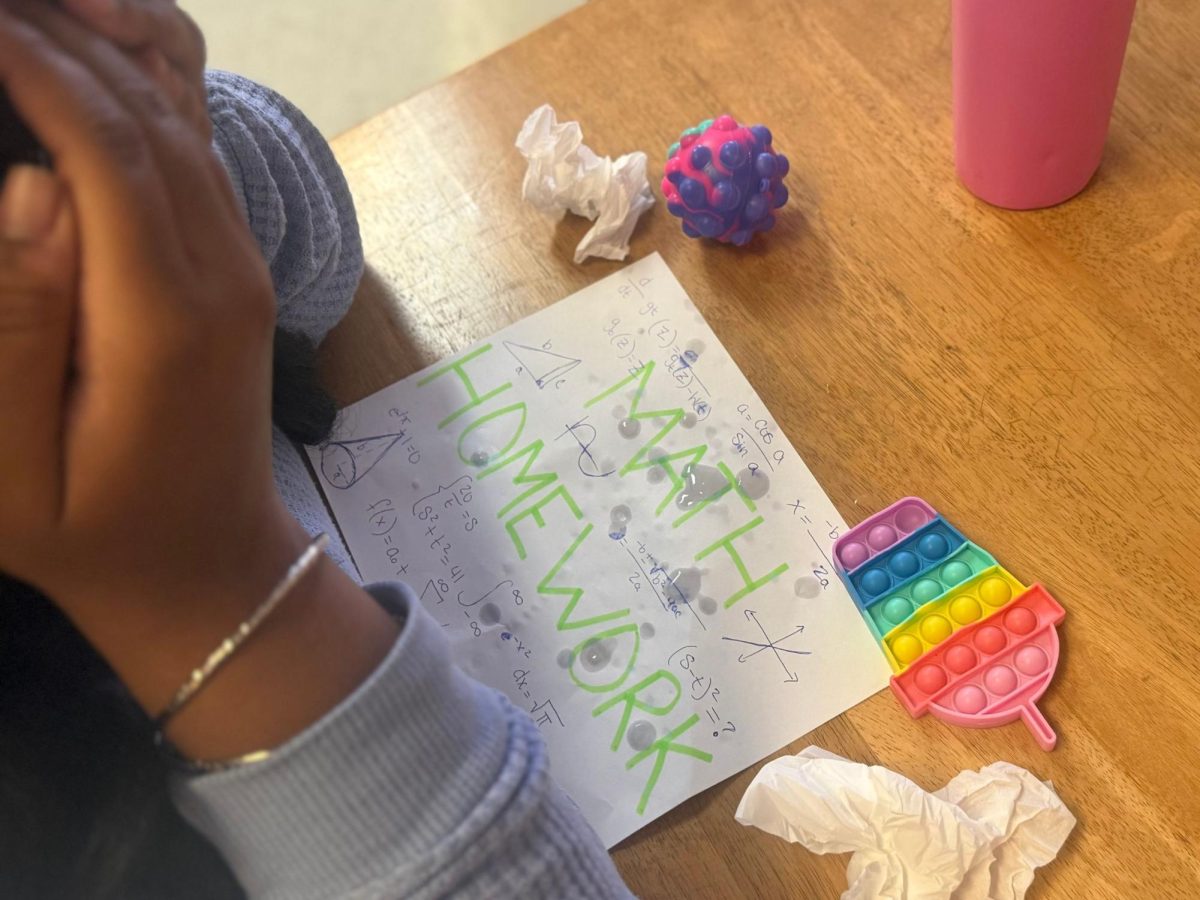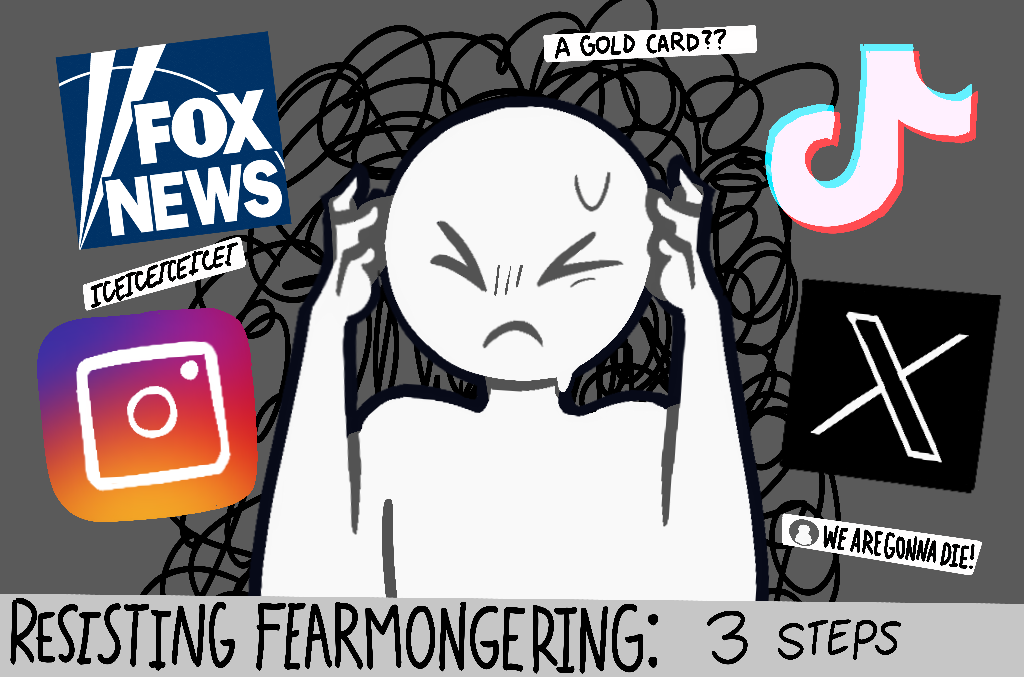February 27, more than 1.8 million Michiganders cast their vote for their respective parties’ primaries held by the Republican and Democratic party officials. Michigan stood as the last state to hold a primary before 16 states gear up for their own on Super Tuesday held March 5. Both President Joe Biden and former President Donald Trump held expectations to win their party’s primaries as their opponents faced failure to win any previous state primary.
Tuesday night, results projected both frontrunners of their parties, Biden and Trump, to win their primaries, signaling a future familiar matchup for the general presidential election. Trump has continued his winning streak against his opponent former United Nations (UN) ambassador Nikki Haley who still struggles to win a primary or caucus against the former president. Haley has vowed to continue her campaign until Super Tuesday, in which the results will forecast who will become the presidential nominee for the Republican party.
Much has changed in the 2024 election calendar. The Democratic Party decided to move up primaries in diverse states in an attempt to reflect the party’s voting base not accurately represented in traditional early election cycle states. The Republican National Committee split the primary into two parts, allocating 16 of the state’s delegates for the Tuesday primary and will administer the rest during the March 2 state convention. Trump gained 12 of the 16 delegates up for grabs. Biden took home 115 of 117 delegates but a significant amount of uncommitted voters cost his campaign two delegates.
A push to vote uncommitted on the Democratic ballot challenged the Biden campaign over his administration’s support for Israel’s military campaign in Gaza. In an effort to protest the United States’ support to Israel, Arab Americans and local leaders encouraged Democrats to vote uncommitted to pressure the Biden administration to push for a ceasefire and halt aid to Israel. Members from his party backed efforts along with other Michigan leaders, particularly in the Southeastern region. Michigan holds the country’s largest concentration of Arab Americans, where the majority live in cities within the southeastern region cities Dearborn and Detroit.
“The uncommitted vote sends a message to Joe Biden and the Democratic party of ‘We’ll participate by going out and voting, but we don’t like any of the people you want to represent us.’ I think if more people know and understand what voting uncommitted means then they will use it to protest Joe Biden or pressure him to change his approaches or he’ll lose votes in the presidential election. Some think that they have to settle for a candidate, but expressing disagreement with the adequacy of a candidate is the first step to making real change. If we want something to shift, we have to start now with the primaries,” magnet senior Kesh Harmes said.
Democratic representative Rashia Talib backed the movement as well, standing as the only Palestinian American in Congress. She urged Democrats in her state to vote uncommitted, stating she proudly voted uncommitted to protest the Biden administration’s actions.
“I was proud today to walk in and pull a Democratic ballot and vote uncommitted. We must protect our democracy. We must make sure our government is about us, about the people. When 74% of Democrats in Michigan support a ceasefire yet President Biden is not hearing us, this is the way we can use our democracy to say ‘Listen. Listen to Michigan’”, Tlaib said.
Although Biden received an overwhelming amount of votes to solidify his win in the Michigan primary, the uncommitted vote highlighted a pressing issue for his campaign in the general presidential election. As of Wednesday, more than 100,000 votes for uncommitted appeared on Democratic ballots. This margin of voters represents a potential threat to the Democratic party’s chances of winning this swing state.

















